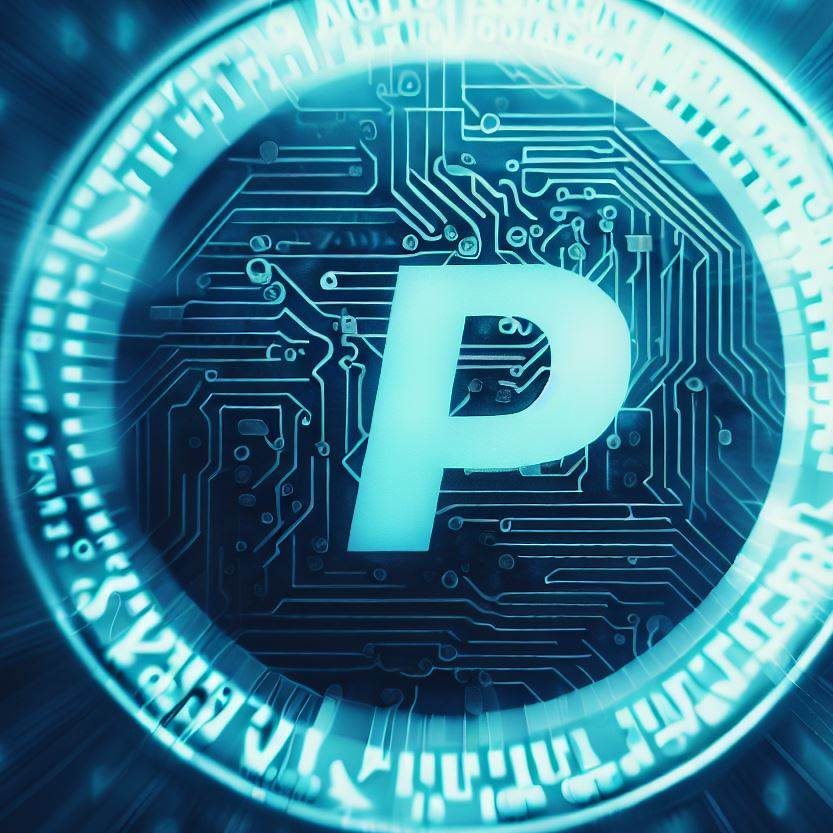PayPal, the online payment giant, has announced the launch of its own stable cryptocurrency, PayPal USD (PYUSD), which is fully backed by US dollar deposits and US Treasuries. The new token is designed to facilitate faster, cheaper, and more secure payments within the digital economy, especially for web3 applications that use blockchain technology.
What is a stablecoin?
A stablecoin is a type of cryptocurrency that is pegged to a less volatile asset, such as the US dollar, to maintain a stable value. Unlike other cryptocurrencies, such as Bitcoin or Ethereum, which can experience significant price fluctuations, stablecoins aim to provide a more predictable and reliable medium of exchange. Stablecoins are often used by traders and investors to hedge against market volatility, as well as by consumers and merchants to make payments and transfers across borders.
Why did PayPal launch its own stablecoin?
PayPal has been expanding its presence in the crypto space since last year, when it enabled its users to buy, sell, and hold various cryptocurrencies on its platform. The company also allows users to pay with crypto at millions of merchants that accept PayPal. However, PayPal recognized that there is still a gap between the traditional fiat currency system and the emerging web3 ecosystem, which relies on decentralized applications (DApps) that run on blockchain networks.
To bridge this gap, PayPal decided to create its own stablecoin that is compatible with both systems. By using PYUSD, PayPal users can easily convert their fiat or crypto balances to and from the new token, and use it to send person-to-person payments or fund purchases on web3 platforms. PayPal also claims that PYUSD will reduce friction and costs for cross-border payments, as it eliminates the need for intermediaries and currency conversions.
How does PYUSD work?
PYUSD is issued by Paxos Trust, a regulated blockchain infrastructure provider that also issues other popular stablecoins, such as Paxos Standard (PAX) and Binance USD (BUSD). PYUSD is fully backed by US dollar deposits held at FDIC-insured banks, as well as US Treasuries and other cash equivalents. This means that every PYUSD in circulation is redeemable for one US dollar at any time.
PYUSD follows the ERC-20 standard, which means that it is compatible with the Ethereum blockchain and other networks that support this protocol. This allows PYUSD to be easily integrated with various web3 applications, such as decentralized exchanges (DEXs), lending platforms, gaming platforms, and more. PYUSD can also be transferred between different wallets that support ERC-20 tokens, such as MetaMask or Coinbase Wallet.

PYUSD will be available soon on PayPal’s app and website, as well as on Venmo, the popular payment app owned by PayPal. Users will be able to buy or sell PYUSD at $1.00 per token, with no fees or commissions. Users will also be able to view their PYUSD balance and transaction history on their PayPal account.
What are the benefits and risks of using PYUSD?
PYUSD offers several benefits for PayPal users who want to access the web3 ecosystem or make cross-border payments. Some of these benefits are:
- Speed: PYUSD transactions are processed within seconds or minutes on the blockchain network, compared to hours or days for traditional wire transfers.
- Cost: PYUSD transactions incur minimal network fees, compared to high fees charged by banks or remittance services.
- Security: PYUSD transactions are secured by cryptography and distributed ledger technology, which makes them resistant to fraud or tampering.
- Transparency: PYUSD transactions are recorded on a public ledger that can be verified by anyone, which ensures accountability and trust.
- Stability: PYUSD maintains a 1:1 parity with the US dollar, which protects users from currency fluctuations or inflation.
However, using PYUSD also involves some risks that users should be aware of. Some of these risks are:
- Regulation: PYUSD is subject to regulatory oversight and compliance requirements from various jurisdictions, which may limit its availability or functionality in some regions or markets.
- Liquidity: PYUSD may face liquidity challenges if there is not enough demand or supply for the token in the market, which may affect its price or usability.
- Competition: PYUSD faces competition from other stablecoins that offer similar or better features or services, such as USDC, DAI, or Tether.
- Technology: PYUSD relies on blockchain technology that may experience technical issues or failures that could disrupt its operation or security.
